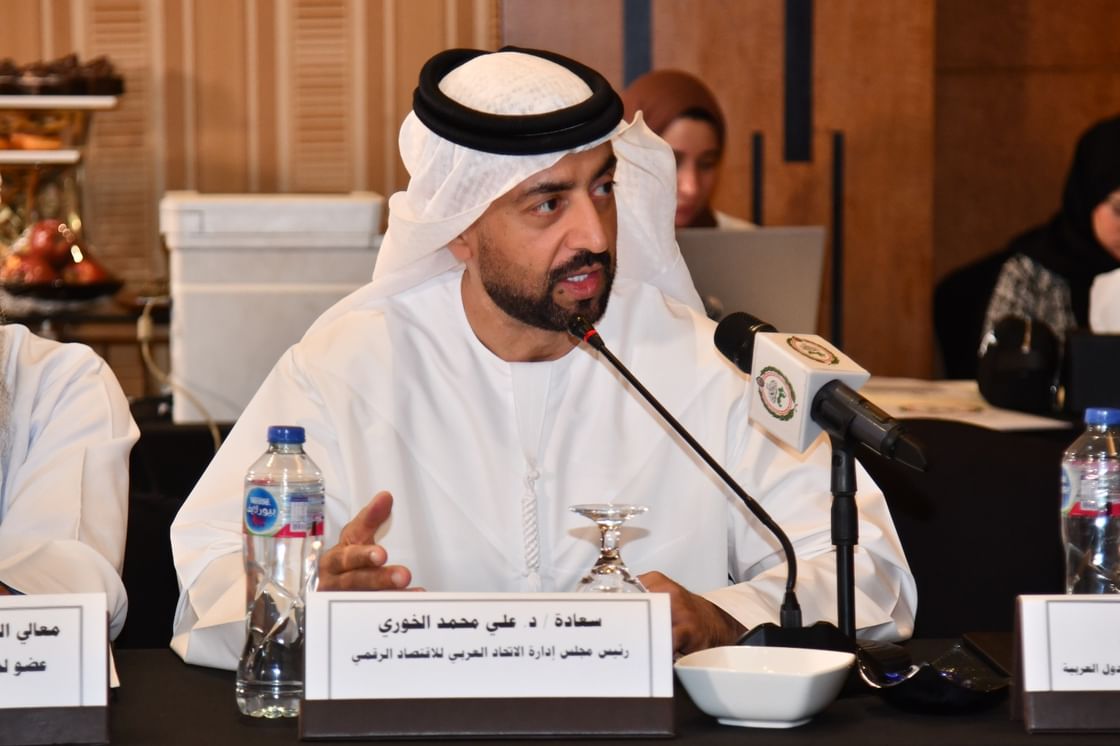April 13, 2025
This week, Mercado Libre announced a $550 million investment in Chile through 2025. The announcement was made by Alain Mayer, the company’s vice president for Andean countries, at a ceremony held at the company’s warehouse and distribution center in the metropolitan area, attended by Chilean President Gabriel Boric.
During the event, the CEO affirmed the company’s commitment to Chile, telling the president: “We are confident that Chile will return to sustainable growth if it embraces the rapid development of its digital economy. The call here is to think outside the box.”
Indeed, Chile is one of the countries where the Argentine-born company has seen the most growth, with the pandemic being one of the biggest catalysts for online shopping. However, this would not have been possible without the widespread diffusion of new technologies among the population, as well as the accelerated adoption of banking services seen in recent years, thanks to new, more flexible and accessible financial platforms that respond to the needs of various market segments.
The company explained that these funds aim to strengthen the company’s ecosystem in Chile, including logistics services, development, and technological innovation in e-commerce platforms and financial services. It is expected to create 900 formal jobs.
For Chile, this is undoubtedly good news, not only because it creates formal jobs, in a context where informal employment has reached alarming levels, but also because it stimulates competition in a sector with significant growth potential.
For Ñuble, whose strategic location in central Chile attracts the attention of warehousing and distribution companies, the sector’s dynamism has translated into warehousing investments that are transforming the face of municipal industrial zones, such as the Northern Access to Chillán, the Southern Access to Chillán Viejo, and the Route 5 axis. These multi-million-dollar projects seek to capitalize on their advantages, such as proximity to the major ports of Biobio and Concepción, rapid connectivity to the North-South axis, and the availability of suitable space at competitive prices.
However, this growing interest in investment in the region also poses significant challenges, such as securing qualified human capital, highlighted by the difficulties companies face in recruiting workers with knowledge or experience in logistics. In this sense, the range of courses and programs offered locally remains insufficient to meet this demand.
Moreover, the region suffers from a significant gap in roads and digital connectivity. The rate of paved roads remains below the national average, and the telecommunications network barely covers major urban areas, particularly fixed internet connections, resulting in low penetration rates.
Moving towards a digital economy often requires “outside-the-box thinking,” but fundamentally, it requires the willingness of decision-makers to drive processes forward. It also requires changes in regulations, but primarily in the way things are done. This is a path that some private and public entities have already embarked on, with varying degrees of progress and commitment, but we must now take it with a sense of urgency.










